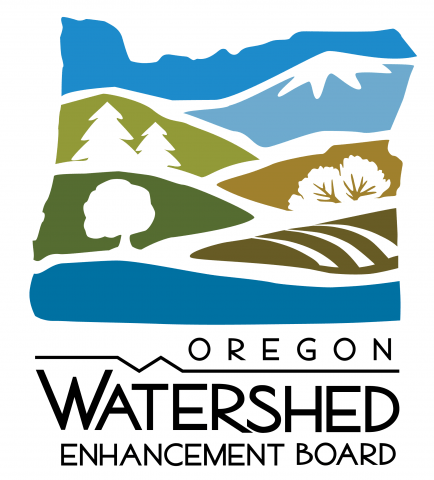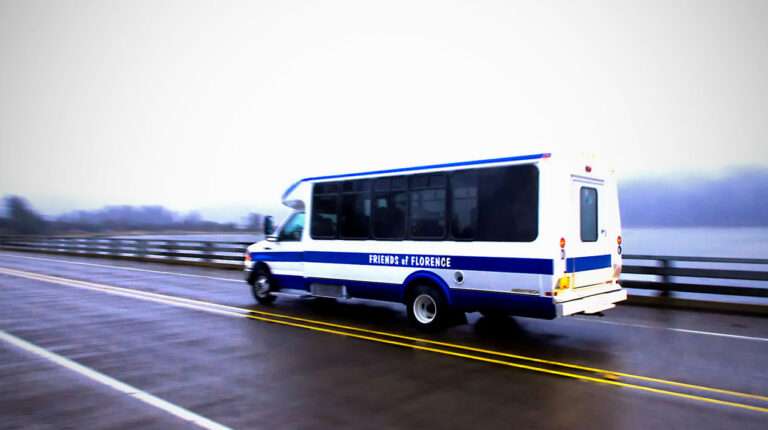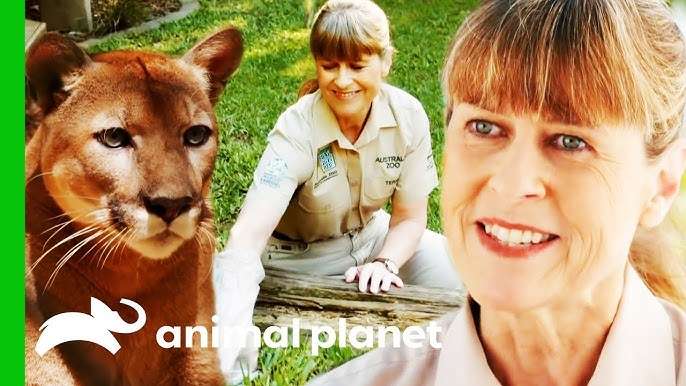Guardians of the Flow | Oregon’s Watershed Councils
Guardians of the Flow | Oregon’s Watershed Councils – Oregon’s watershed network is a vital lifeline, not only for the environment but for the communities that depend on it. This intricate system, encompassing rivers, streams, wetlands, and natural areas, plays a crucial role in maintaining biodiversity, water quality, and the overall health of the ecosystem.
Key Takeaways
- Watershed Restoration: Essential for recovering health and functions of watersheds, leading to cleaner water, improved habitat for wildlife, and enhanced community resilience against climate change.
- Network of Oregon Watershed Councils: Plays a pivotal role in coordinating efforts across the state to protect and enhance watersheds.
- Oregon Watershed Enhancement Board (OWEB): Provides crucial funding and support for watershed restoration and conservation projects.
- Water Resources Commission: Oversees water management policies to ensure sustainable use and protection of Oregon’s water resources.
Watershed Restoration: A Closer Look
Watershed restoration in Oregon is a multifaceted effort aimed at reversing the damage inflicted by poor development choices and human activities. Projects focus on enhancing stormwater management, reconnecting floodplains, supporting salmon recovery, and improving habitat quality. For instance, projects in Portland aim to restore the natural functions communities rely on, from reducing flooding and erosion to supporting native plant and wildlife populations.
Stream, Wetland, and Floodplain Restoration
Restoration efforts include stream channel restructuring, culvert removal, and floodplain reconnection. These projects not only reduce the risk of flooding but also enhance habitat for threatened species like salmon, improve water quality, and support groundwater replenishment.
The Role of the Oregon Watershed Enhancement Board
The Oregon Watershed Enhancement Board (OWEB) is at the forefront of supporting these initiatives. With a mission to promote healthy watersheds and natural habitats, OWEB provides grants and resources, playing a crucial role in the success of restoration projects throughout the state. Their efforts are showcased through various media, including an extensive collection of videos on their YouTube channel, which highlight the impact and importance of watershed restoration.
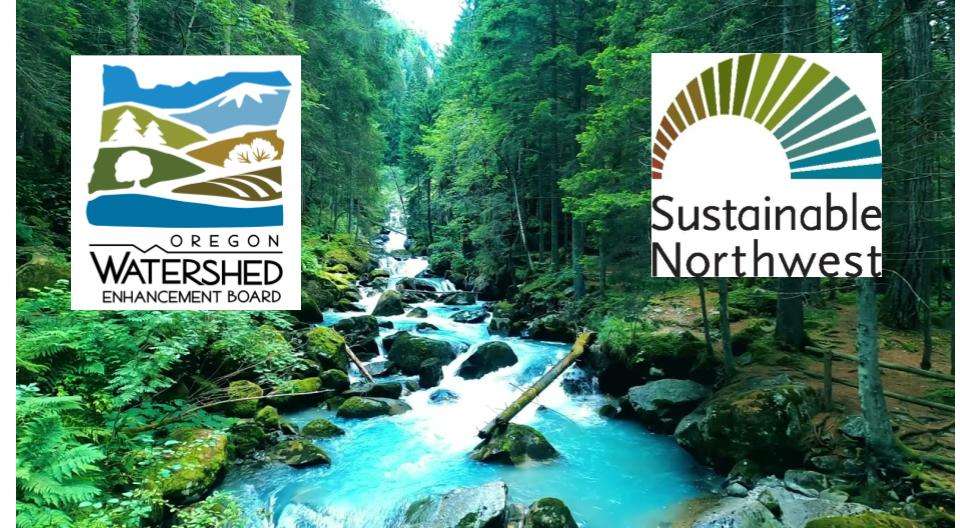
Engaging with the Community
The Network of Oregon Watershed Councils exemplifies community engagement in watershed management. Through collaboration and education, these councils empower local stakeholders to take an active role in conserving their water resources, ensuring a collective effort towards sustainable management and restoration.
Water Resources Commission: Ensuring Sustainability
The Water Resources Commission is another critical component of Oregon’s approach to watershed management. By developing comprehensive policies and guidelines, the commission ensures the sustainable use of Oregon’s water resources, addressing both current needs and future challenges.
Videos and Further Reading
Exploring More on Oregon’s Watersheds
For those looking to dive deeper into the topic, the following websites provide extensive information on Oregon’s watershed initiatives, educational materials, and ways to get involved:
These resources offer a comprehensive look at the efforts underway to preserve and enhance Oregon’s watersheds, highlighting the importance of community involvement, sustainable practices, and the ongoing need for restoration and conservation.
The Backbone of Oregon’s Environmental Efforts: Watershed Councils
In the heart of Oregon’s natural beauty, watershed councils emerge as the unsung heroes dedicated to preserving the state’s waterways. These councils, deeply rooted in community efforts, are the driving force behind the restoration and enhancement of Oregon’s watersheds.
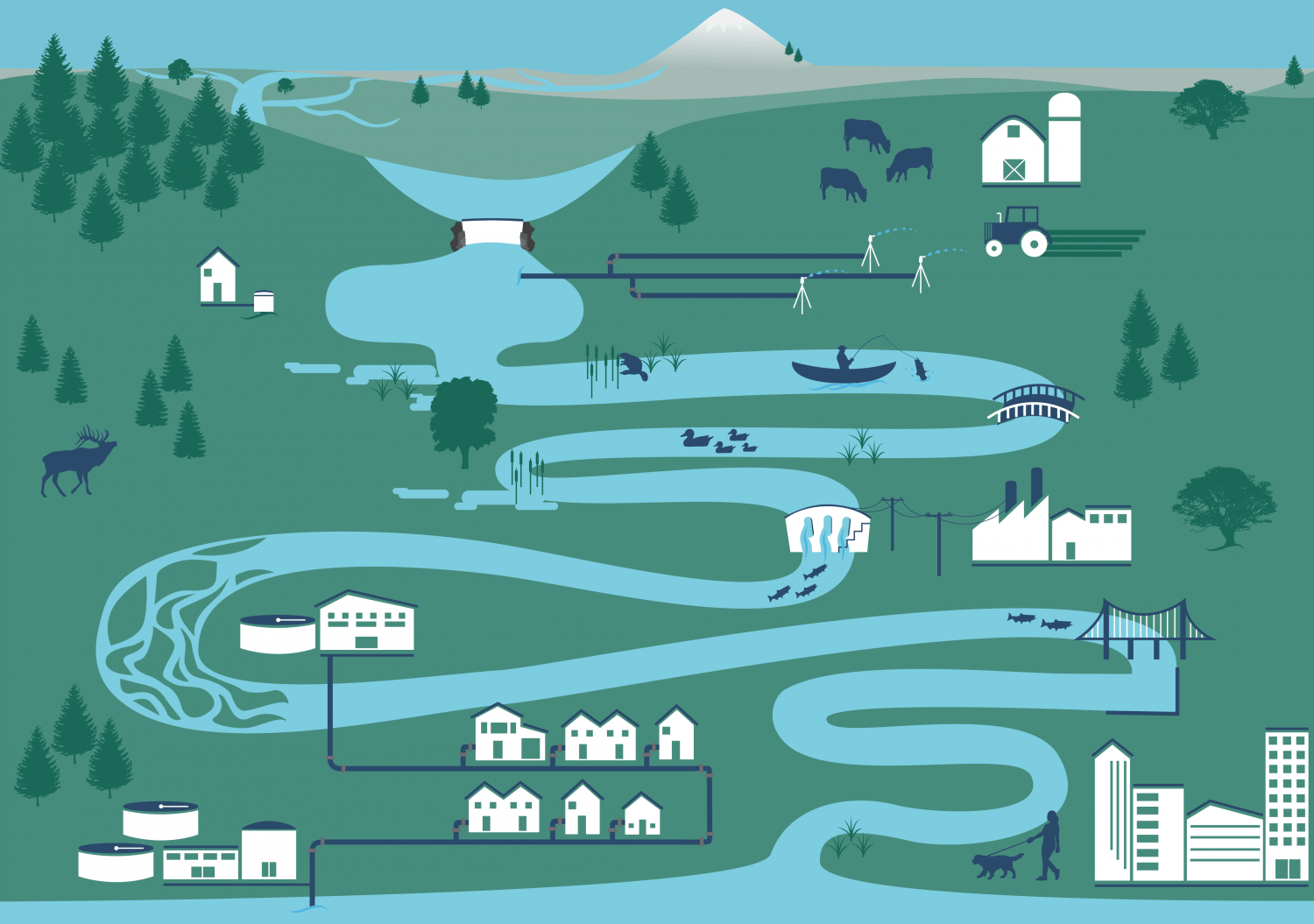
The Network of Oregon Watershed Councils
The Network of Oregon Watershed Councils (NOWC) is pivotal in supporting the myriad of watershed councils scattered across Oregon. By bolstering the capacities of these councils, fostering key partnerships, and encouraging knowledge exchange among members, NOWC ensures a unified approach towards watershed conservation across the state.
The Role of the Oregon Watershed Enhancement Board
The Oregon Watershed Enhancement Board (OWEB) stands as a cornerstone in the conservation efforts, providing essential funding and resources to fuel the initiatives led by watershed councils. Through grants aimed at building capacity and enhancing the council’s capabilities, OWEB ensures these councils have the means to pursue their critical missions.
The Impact of Watershed Councils
Watershed councils operate on the front lines, engaging in a wide array of projects that span from improving fish passages and removing invasive species to creating sustainable water storage solutions. Their work, led by natural resource experts and guided by community boards, underscores the vital connection between environmental stewardship and community welfare.
A Closer Look: Member Watershed Councils
Spanning the diverse landscapes of Oregon, from the lush North Coast to the rugged Eastern Oregon, watershed councils are active in all corners of the state. Each council addresses the unique challenges of its region, whether it’s restoring salmon habitats in the coastal estuaries or managing water resources in the arid regions of Central Oregon. The comprehensive list of member watershed councils provided by NOWC showcases the extensive network dedicated to safeguarding Oregon’s waterways for future generations.
Engaging with Watershed Councils
For those inspired by the dedication of watershed councils and looking to contribute to their cause, there are numerous ways to get involved. From volunteering in local restoration projects to participating in educational workshops, the opportunities to support watershed conservation are abundant. Engaging with these councils not only contributes to the health of Oregon’s ecosystems but also enriches the community’s connection to their natural surroundings.
Continuing the Journey
The journey of watershed restoration and conservation is ongoing, with each project building upon the last to create a resilient and vibrant ecosystem. The collaborative efforts of watershed councils, supported by organizations like NOWC and OWEB, exemplify the power of community-led environmental stewardship. Through their tireless work, Oregon’s watersheds continue to thrive, serving as a testament to the state’s commitment to preserving its natural heritage for generations to come.
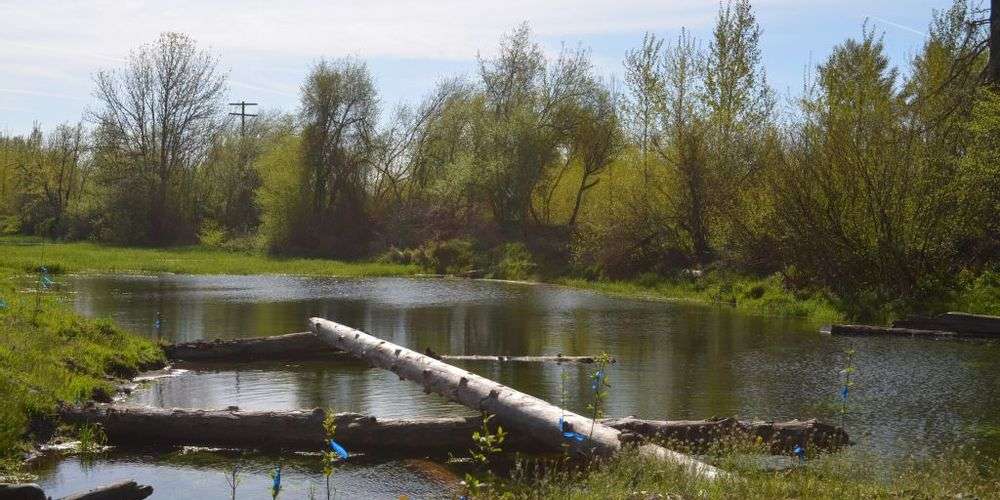
Further Exploration
For those eager to dive deeper into the workings of Oregon’s watershed councils and explore ways to contribute, visiting the websites of the Network of Oregon Watershed Councils and the Oregon Watershed Enhancement Board provides a wealth of information. Here, you can find detailed insights into ongoing projects, upcoming events, and how to get involved in the vital work of watershed conservation in Oregon.
Frequently Asked Questions
- What is a watershed council? Watershed councils are community-based organizations focused on the voluntary conservation, restoration, and enhancement of watersheds. They work on a variety of projects to improve water quality and habitat for native species.
- How can I get involved with a watershed council? Involvement can range from volunteering for restoration projects, attending educational workshops, to participating in council meetings. Each watershed council has different needs and opportunities for community members to engage.
- What kind of projects do watershed councils undertake? Projects include improving fish passages, removing invasive species, enhancing water storage, and restoring natural habitats to benefit both native wildlife and local communities.
- How are watershed councils funded? Funding comes from a variety of sources, including grants from the Oregon Watershed Enhancement Board, local government support, and contributions from private and nonprofit organizations.
- Why are watershed councils important? They play a critical role in maintaining and improving the health of Oregon’s waterways, which are vital to the state’s ecosystem, economy, and community well-being. Their efforts ensure sustainable water resources and habitats for future generations.
As the quest for environmental preservation continues, the role of watershed councils in Oregon’s ecological narrative remains indispensable, weaving together the threads of community engagement, conservation, and education into a tapestry of hope for the natural world.

